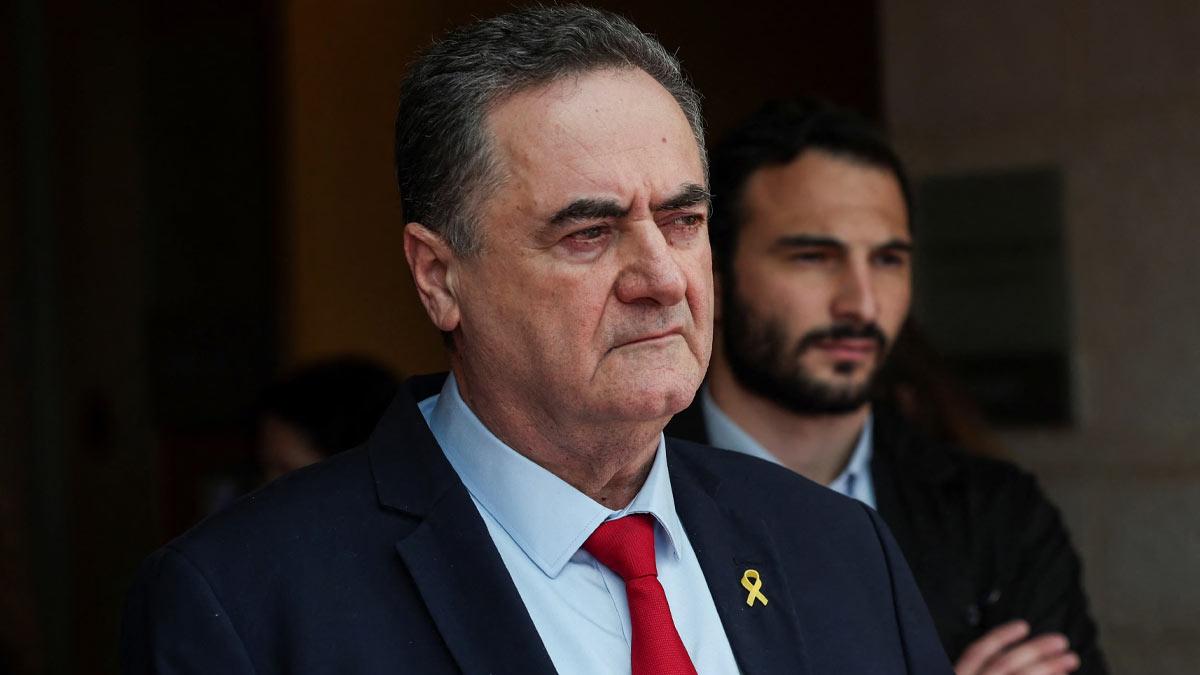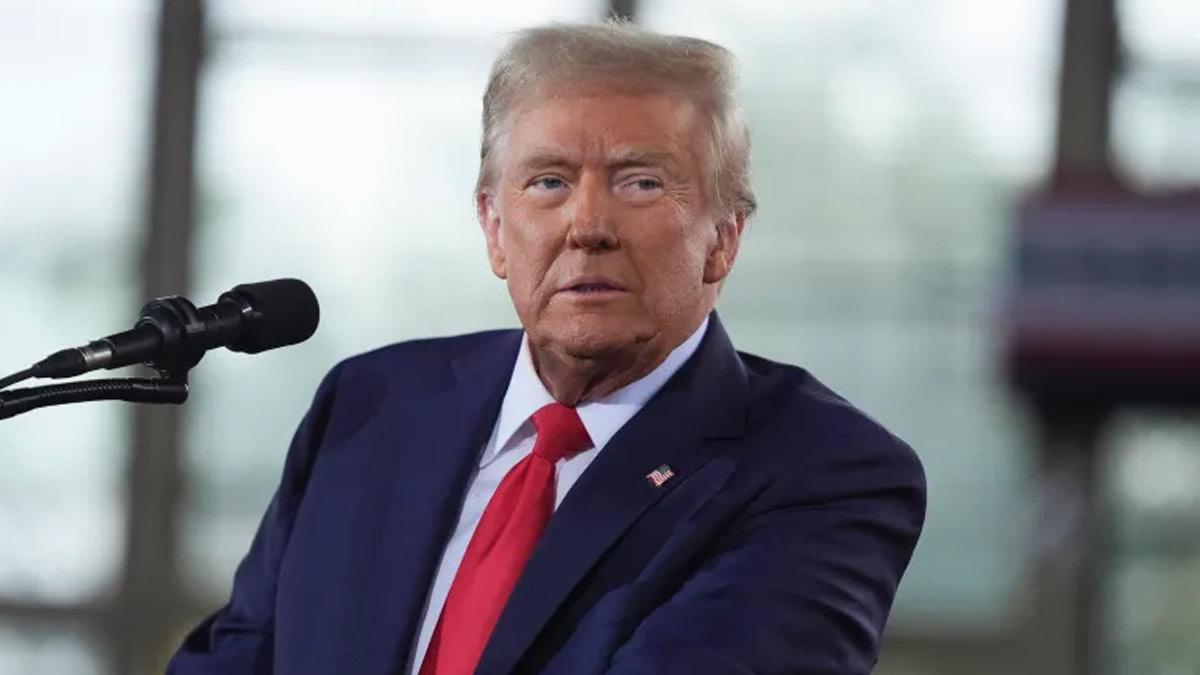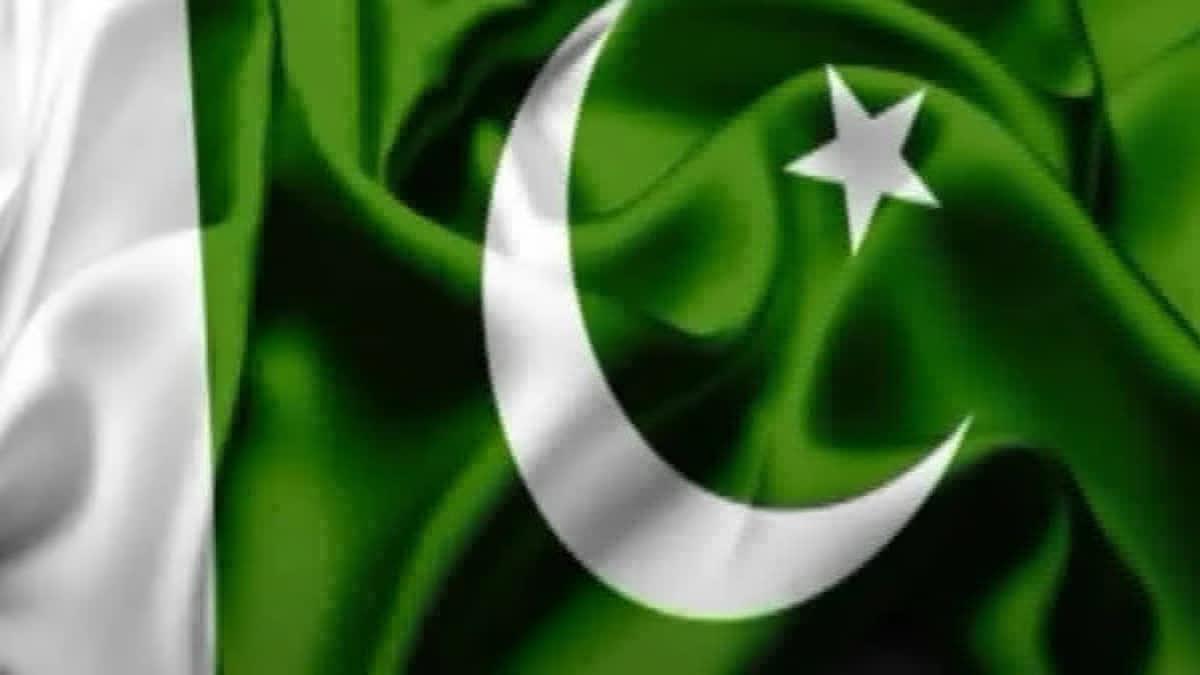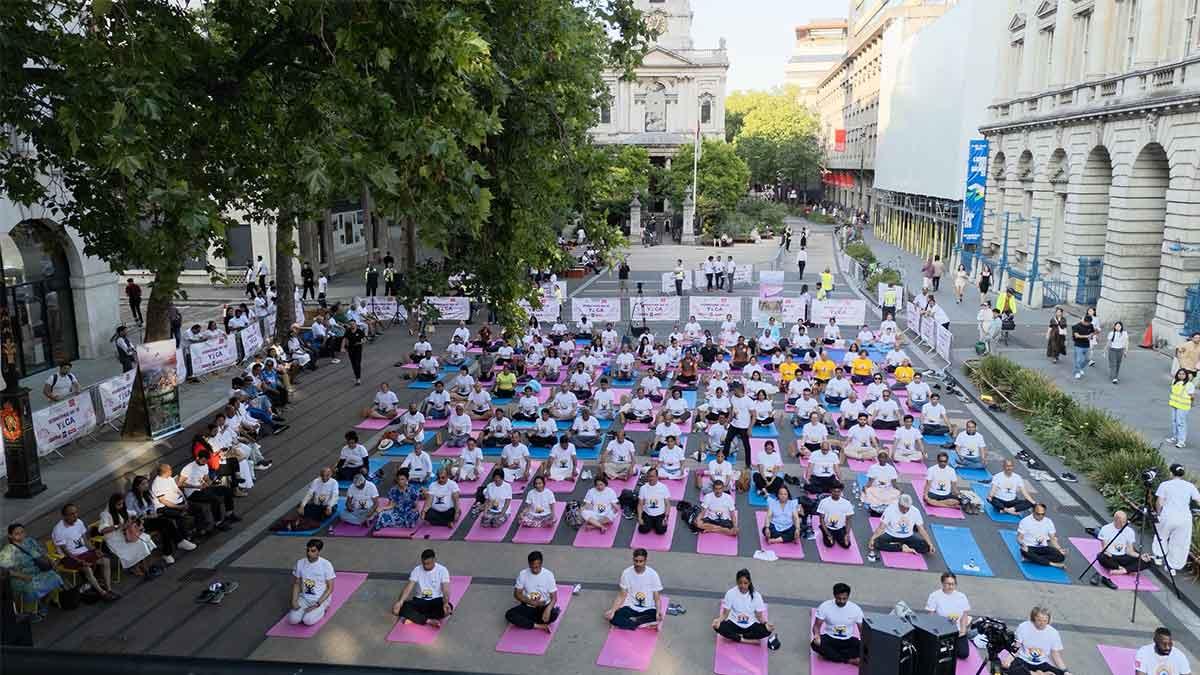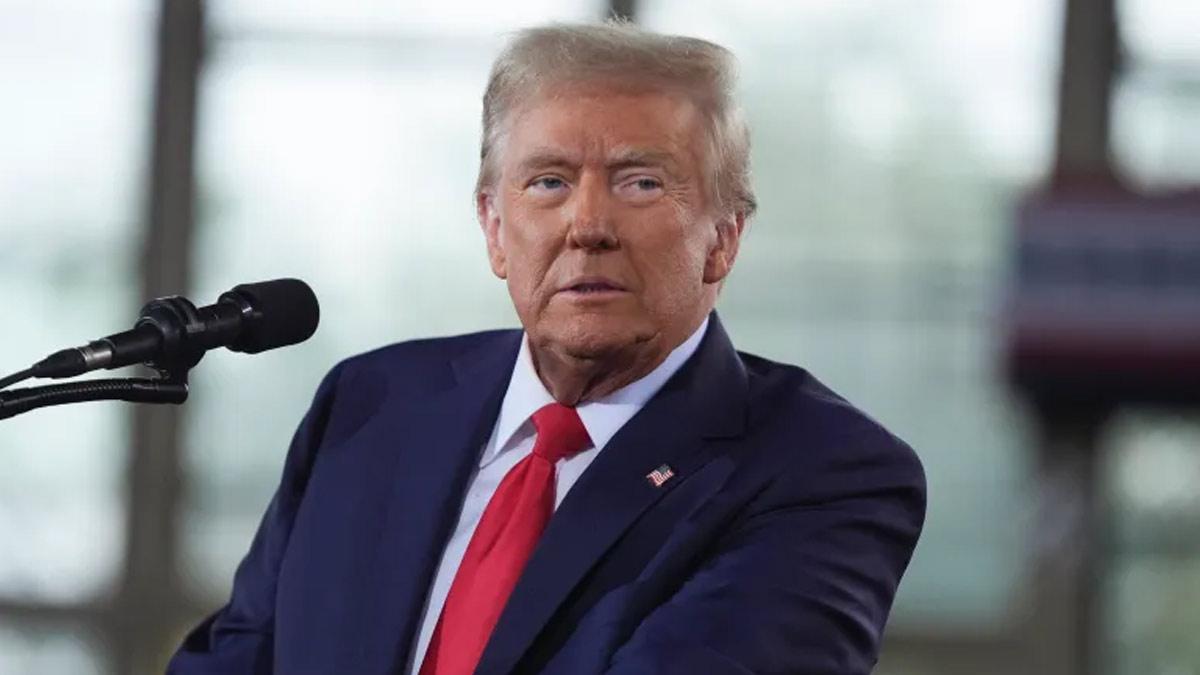Israel has accelerated its military campaign against Hezbollah in Lebanon, increasing regional tension following increasing confrontations with Iran.
On Friday, the Israeli Defence Forces (IDF) declared the targeted assassination of a senior Hezbollah commander in southern Lebanon in the need to rid itself of urgent threats against Israel's northern front.
The person targeted by the IDF was Mohammad Khadr al-Husseini, a senior Hezbollah commander. Al-Husseini, according to Israeli military sources, was behind many of the attacks directed at Israeli cities including Nahariya and Haifa. Of late, he had taken charge of rebuilding Hezbollah's decimated artillery corps.
"His actions were a flagrant disregard for the understandings reached between Israel and Lebanon. It will continue to act to eliminate any threat to the State of Israel," said a statement by the Israeli military.
This precision strike was one of a series of targeted air raids carried out by the Israeli Air Force in the face of escalating hostilities. Only days before, two other Hezbollah commanders were killed in another operation over the Nabatieh region. One of them, Mohammad Ahmad Khreiss, was said to have been commanding the group's anti-tank missile detachment in Chebaa. He was being held responsible for having ordered the fatal April 26 attack on Mount Dov, which killed Israeli contractor Sharif Suad.
Hezbollah Threatens Revenge
The Hamas attacks coincided with a strong warning of revenge from Hezbollah's Secretary-General Sheikh Naim Qassem, who reaffirmed Hezbollah's unshakeable support for Iran and vowed revenge against what he termed "brutal Israeli-American aggression." His comments were swiftly answered by Israeli Defence Minister Israel Katz.
“The Hezbollah leader hasn't learned from his predecessors,” Katz remarked, referring to the former Hezbollah chief Hassan Nasrallah, who was killed in an Israeli airstrike in September 2024. “If there is terrorism – there will be no Hezbollah.”
Speaking in Tel Aviv on Friday, Katz issued a clear warning to Qassem: “I suggest that the Lebanese proxy be careful. Israel has lost patience with the terrorists who threaten it.”
Iran's Proxy Web Under Tension
Israel's belligerent stance against Hezbollah is playing out against the backdrop of wider anxiety over Iran's capacity to centralize control over its local network of allied forces. This so-called "Axis of Resistance" — a collection of Hezbollah, Yemen's Houthis, Iran-aligned Shiite militias in Iraq, and Hamas in Gaza — has registered muted activity even as Israeli action pushes deep into Iranian-occupied or Iran-influenced space.
Previously considered Iran's strongest proxy, Hezbollah has scaled back its operational presence following Israel's initiation of increased attacks on Iranian assets. The organization's command staff has suffered severe losses, including the assassination of Nasrallah. Furthermore, the fall of Bashar al-Assad's regime in Syria has gone a long way in disrupting key supply chains for weapons and logistics. Domestic issues like financial pressure and dwindling Iranian support have also diminished Hezbollah's organizational stamina.
Read also| Canada Warns Pakistan of ‘Egregious’ Interference to Curb India’s Clout
Read also| White House: Trump Poised to Make Iran Decision Within 14 Days

